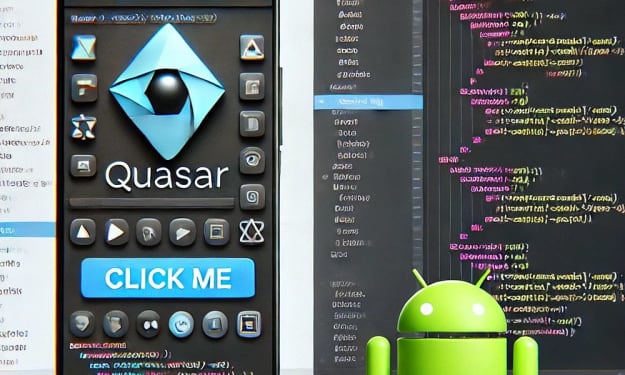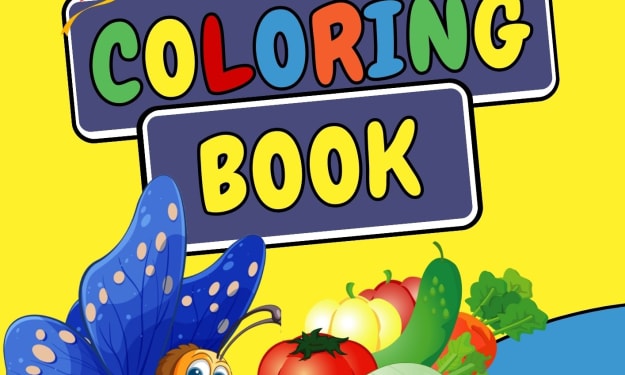Knowledge Is Power
Mastering the art of learning...

Knowledge has the power to transform our lives in countless ways, from our personal growth and development to our professional success and the communities we live in. It is often said that knowledge is power, and this statement holds true as acquiring knowledge empowers individuals to make informed decisions and take action that makes a difference.
The primary connection between knowledge and power lies in the ability to take action. When we have specific knowledge, we can apply it to develop actionable plans that can bring about desired outcomes. For instance, having knowledge about a particular market can enable an investor to make informed decisions and achieve better returns.

Knowledge acquisition brings vast benefits that can ultimately translate to personal and professional success. Understanding different subjects or fields can open up new opportunities and increase confidence and self-reliance. Additionally, learning helps in staying informed and thus being prepared to navigate different situations in life.
While knowledge is vital, several barriers can hinder individuals from acquiring it. Common hurdles include fear and self-doubt, which often lead to procrastination, limiting one's potential to learn and grow. It is essential to identify such obstacles and work towards overcoming them, whether through therapy, mentorship, or self-help books.

Learning is a lifelong process, and to acquire knowledge effectively, adopting strategies that work is vital. It could be setting realistic goals, finding a study partner, or seeking guidance from knowledgeable mentors. Additionally, being motivated and having a curiosity mindset can significantly impact one's learning journey.
The first strategy for acquiring knowledge is reading. Reading is an effective way to acquire knowledge because it provides access to a variety of information sources. From textbooks to biographies, reading materials are endless. However, reading can also be overwhelming if not done effectively. To maximize the benefits of reading, it's important to develop effective reading techniques. This includes setting goals for reading, breaking down complex material into smaller parts, and making notes. By effectively reading and retaining information, you can become a more effective learner.

The second strategy for acquiring knowledge is active listening. Active listening involves being fully present and engaged in a conversation or lecture. It requires not only listening to what is being communicated verbally but also paying attention to nonverbal cues and body language. Techniques for active listening include asking questions, paraphrasing what has been said, and maintaining eye contact. By becoming an active listener, you can improve your ability to understand and retain information.
The third strategy for acquiring knowledge is focused observation. Focused observation involves analyzing experiences and developing a sense of curiosity. It's about paying attention to the smaller details that can often be overlooked. By focusing on the details, you can gain a better understanding of the situation and learn from the experience.

The fourth strategy for acquiring knowledge is learning by doing. Hands-on experience is an effective way to acquire knowledge because it provides practical applications of knowledge. It allows you to learn through trial and error, which can be a valuable learning experience. By taking action and learning from mistakes, you can become a more effective learner.
To develop a learning plan, it's important to identify learning goals. This involves setting SMART (Specific, Measurable, Attainable, Relevant, and Timely) goals. By setting goals, you can create a plan to achieve those goals. This can include creating a learning schedule and tracking progress toward those goals. By monitoring progress, you can modify the learning plan as needed.

Overcoming barriers to learning is also important. Fear of failure, procrastination, and distractions can all hinder the learning process. To overcome these barriers, it's important to understand why they exist and develop techniques to overcome them. This includes understanding the fear of failure and embracing mistakes, identifying common reasons for procrastination and overcoming them and identifying potential distractions and managing time more effectively.
Knowledge should not only be an end in itself but should be applied to bring about positive change in our lives and communities. In instances where we use learned knowledge, there is an immense sense of satisfaction and accomplishment. Using a fitness regime as an example, an individual that applies their knowledge of exercise psychology and physiology to work out regularly develops healthy habits and ultimately leads to improved physical and mental well-being.

Knowledge is not only crucial for individual growth but also for societal development. Several social movements that have transformed communities and the world at large have been founded on knowledge. Education, for instance, is used as a tool to create awareness and empower communities to drive change and development.
Knowledge is a powerful tool that can transform lives in different ways. It is the foundation of action and a critical resource that empowers individuals to make informed decisions, achieve personal and professional growth, and contribute to societal development. Therefore, it is essential to adopt strategies that work and embrace learning as a lifelong process.
If you find my articles interesting, please consider leaving a ❤️, comment and Insight. Your support means a lot to me as a writer!
About the Creator
𝕽𝖔𝖞𝖆𝖑 𝕿𝖎𝖌𝖊𝖗
I am an author-poet who turns moments into multiverses. Nature, Human Behaviours, and Society Factors inspire me the most. If you find my articles interesting, please consider leaving a ❤️, comment and Insight.
Kindly Subscribe!
Enjoyed the story? Support the Creator.
Subscribe for free to receive all their stories in your feed. You could also pledge your support or give them a one-off tip, letting them know you appreciate their work.






Comments
There are no comments for this story
Be the first to respond and start the conversation.